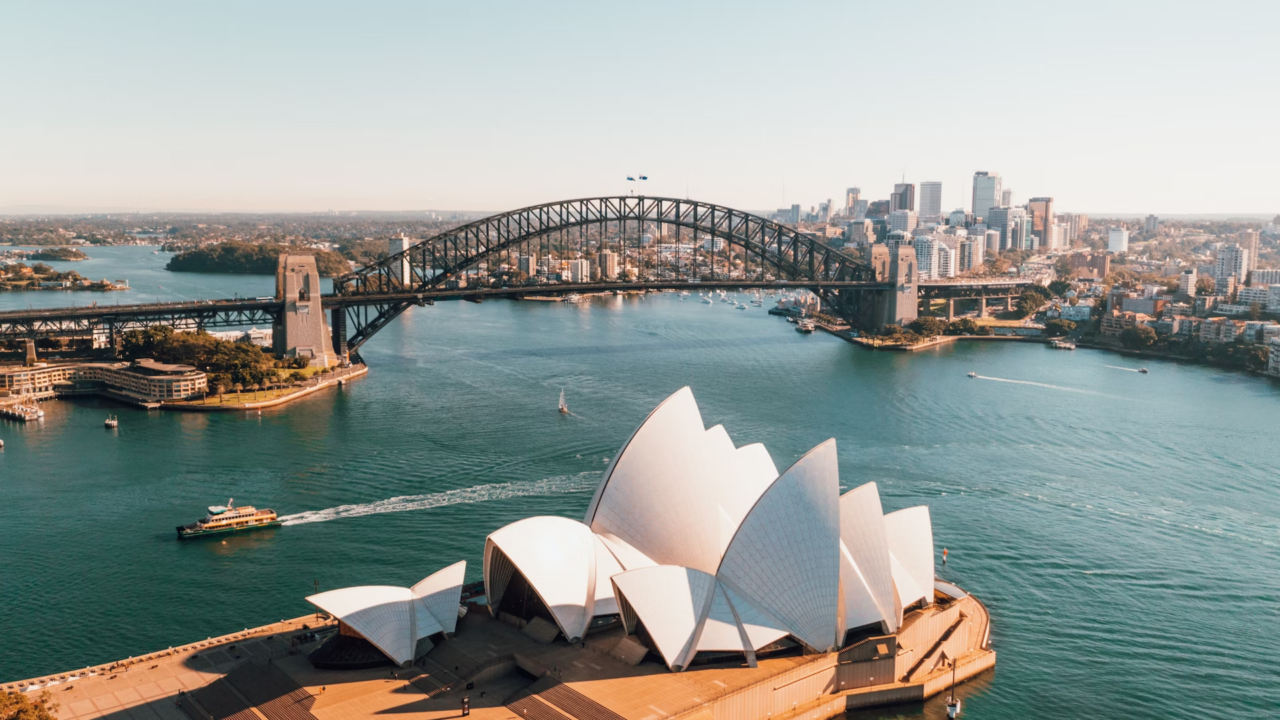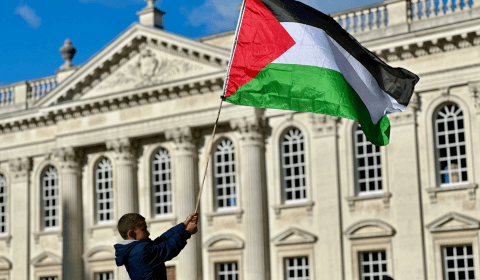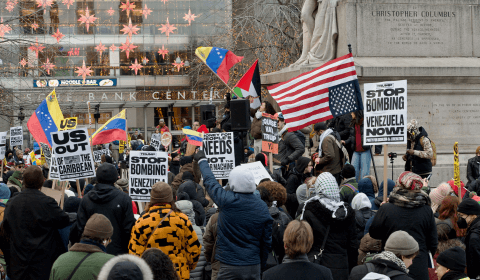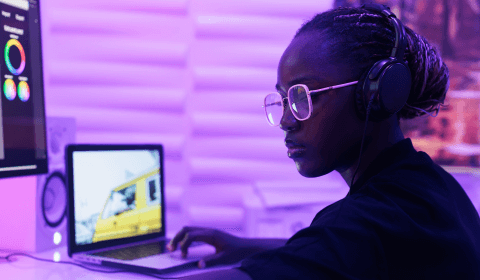The vandalisation of two statues in Melbourne highlights a growing disillusionment with Australia’s national holiday, and an increased awareness of the country’s colonial past.
Police in Melbourne are investigating ‘criminal damage’ toward two of the city’s monuments, after residents woke up to find them destroyed.
A statue of Captain Cook – the British cartographer who is named as the ‘founder’ of Australia in many Western historical documents – was sawn off at the ankles. Another statue of Queen Victoria was doused in red paint. The words ‘The colony will fall’ had been spray painted underneath both figures.
Jacinta Allan, premier of Victoria, Melbourne, condemned the vandalism. ‘[it] has no place in our society’ she told reporters.
‘We will be working with the council to repair and reinstate the statue in St Kilda that has been vandalised overnight’.
Despite political backlash to the vandalism, negative sentiment toward Australia Day – the national holiday commemorating when Australia was first ‘founded’ by British fleets – has been growing in recent years.
This is largely due to support of Australia’s indigenous population, who have been historically oppressed, displaced, and colonised in the process of establishing ‘modern Australia’ as many know it today.
For many Indigenous Australians, January 26 represents a day of mourning, marking the beginning of a period of dispossession, violence, and discrimination.
As such, the call to change Australia Day is not a new one. Advocates for the shift argue that celebrating on a date that represents the colonisation of Indigenous lands is not only insensitive but perpetuates historical injustices.
Though recent polls show that 60% of Australians support celebrating Australia Day on the 26th January, that still leaves 40% – a significant portion of the country – who are against the holiday.
‘Invasion day’ protests have grown across the nation, as many call for a reframing of Australia Day’s meaning and purpose.
This attitude is particularly prevalent amongst Australia’s younger generation.
24-year-old Kaitlyn told the BBC earlier this year that despite being ‘really into’ Australia Day a few years ago, she is now shunning the holiday as she learns more about the country’s colonial past.
She’s part of a large cohort of young Australians who feel disillusioned by Australian patriotism, swapping beer and barbeques for self-education and historical awareness.
Most Australians aren’t taught about colonial history in school, so are left to seek information themselves.




















